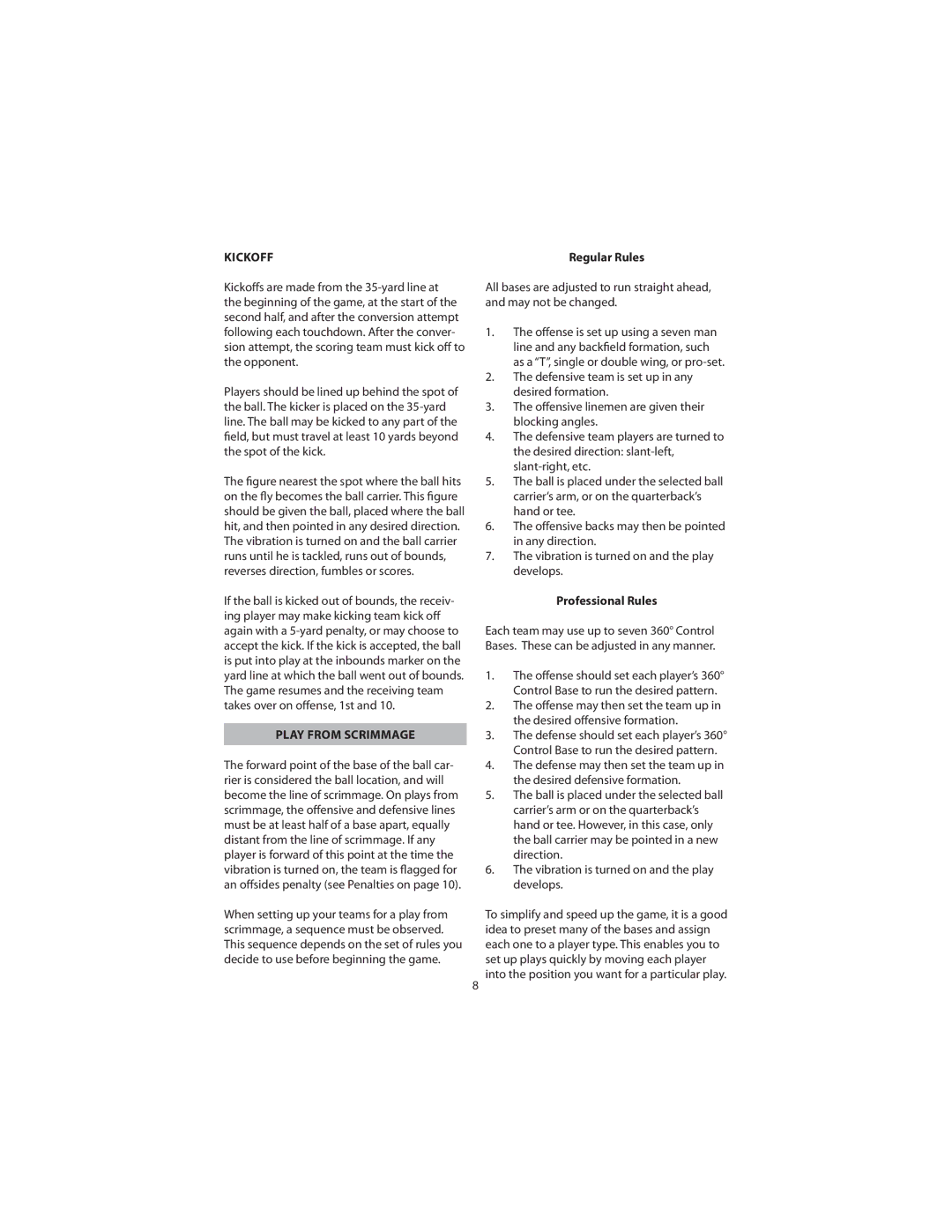NF-07 specifications
The Excalibur electronic NF-07 is a groundbreaking device that merges advanced technology with user-friendly features, making it a standout choice for enthusiasts in various fields. This device caters to diverse needs, from hobbyists pursuing creative projects to professionals seeking reliable performance.One of the NF-07's main features is its powerful processing unit, enabling swift and efficient task execution. This processing capability is complemented by a high-resolution display that offers vibrant colors and clarity, ensuring that users can easily navigate through its many functions. The intuitive interface allows for effortless control and quick access to settings, making it accessible even for beginners.
The NF-07 is equipped with cutting-edge connectivity options, including Bluetooth and Wi-Fi capabilities. This allows users to seamlessly connect with other devices, whether it's transferring data, syncing with mobile apps, or even integrating with smart home systems. The device also supports various file formats, enhancing its versatility for different applications.
Battery life is a critical aspect of any electronic device, and Excalibur has addressed this with the NF-07. The device features an optimized battery management system that ensures prolonged usage time, reducing the need for frequent recharging. Coupled with fast charging technology, users can quickly power up the NF-07 and resume their activities without prolonged downtime.
In terms of durability, the NF-07 is built to last with high-quality materials that resist wear and tear. This robustness makes it suitable for both indoor and outdoor use, appealing to users who need a reliable device for various environments. Additionally, it’s designed with an ergonomic layout, allowing comfortable handling during extended use.
Another significant aspect of the Excalibur electronic NF-07 is its customizable features. Users can tailor the device according to their preferences and specific requirements, enhancing its functionality and overall user experience. Whether it's adjusting settings, adding new applications, or implementing advanced features, the NF-07 adapts to individual needs.
Overall, the Excalibur electronic NF-07 stands out in the market due to its blend of powerful performance, extensive connectivity options, and user-centric design. Its commitment to innovation makes it an excellent choice for anyone looking to enhance their productivity and creativity while enjoying a reliable technological companion.
